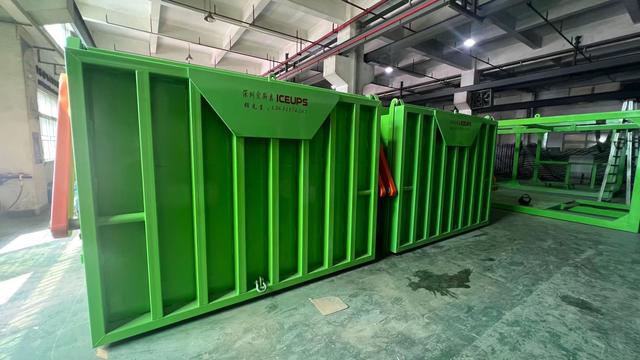Optimal Cold Storage Temperatures for Preserving Meat Quality and Safety
The Importance of Cold Room Temperature for Meat Companies
In the meat industry, maintaining the appropriate cold room temperature is critical for ensuring food safety, extending shelf life, and complying with health regulations. The cold storage of meat products is not just a matter of convenience; it is essential for preserving quality and preventing spoilage. Understanding the significance of cold room temperature can help meat companies optimize their operations and ensure that they deliver safe, high-quality products to consumers.
The Science Behind Cold Storage
Meat is highly perishable due to its protein and fat content, which can support the growth of harmful bacteria if not stored properly. The USDA recommends keeping fresh meat at temperatures below 40°F (4°C) and frozen meat at temperatures below 0°F (-18°C). At these temperatures, the growth of pathogenic bacteria is significantly slowed down, which reduces the risk of foodborne illnesses.
Cold rooms play a crucial role in maintaining these temperatures. They are designed to operate continually at specified settings, with advanced refrigeration systems that ensure a stable environment. Fluctuations in temperature can lead to condensation, promoting bacterial growth and compromising product quality. Therefore, consistent cold room temperatures are necessary for safe meat handling and storage.
Quality Preservation
The importance of cold room temperature extends beyond safety; it also impacts the sensory qualities of the meat, including its texture, flavor, and juiciness. When meat is stored at the right temperature, it retains its moisture content, leading to a more tender product. Conversely, improper storage conditions can result in freezer burn or dehydration, leading to a loss of quality and consumer appeal.
Additionally, cold storage helps to limit enzymatic activity, which can lead to spoilage and off-flavors
. By keeping the meat at optimal temperatures, companies can ensure their products remain fresh and enjoyable for consumers, thus enhancing overall customer satisfaction.cold room temperature for meat company

Regulatory Compliance
Meat companies are subject to strict regulations and guidelines set by health organizations, such as the USDA and the FDA. These regulations dictate how meat must be stored, transported, and handled to prevent food safety issues. Non-compliance can result in severe consequences for companies, including fines, product recalls, and damage to their reputation.
Investing in a reliable cold storage system not only protects consumers but also helps companies comply with these regulatory requirements. Regular maintenance and monitoring of cold room temperatures are essential for ensuring compliance and avoiding costly penalties. Many companies now utilize advanced temperature control systems that provide real-time monitoring, alerts, and data logging, ensuring they remain compliant with food safety standards.
Cost Efficiency
While maintaining cold room temperatures may seem like an additional operational cost, it can lead to significant savings in the long run. Proper cold storage reduces the risk of spoilage and waste, which can cut down on the expenses associated with lost products and potential recalls. Furthermore, high-quality meat products can command better prices in the market, contributing to enhanced revenue.
Additionally, modern cold storage technologies offer energy-efficient solutions that can reduce utility costs over time. By investing in energy-efficient refrigeration systems, meat companies can lower their operational costs while maintaining safe and optimal storage conditions.
Conclusion
In summary, the significance of cold room temperature in the meat industry cannot be overstated. It is crucial for ensuring food safety, preserving quality, maintaining regulatory compliance, and promoting cost efficiency. As consumer awareness of food safety continues to grow, companies that prioritize proper cold storage practices will stand to gain a competitive advantage in the marketplace. Ultimately, the commitment to maintaining optimal cold room temperatures reflects a company's dedication to providing safe, high-quality meat products and ensuring the well-being of their customers.
















































































































